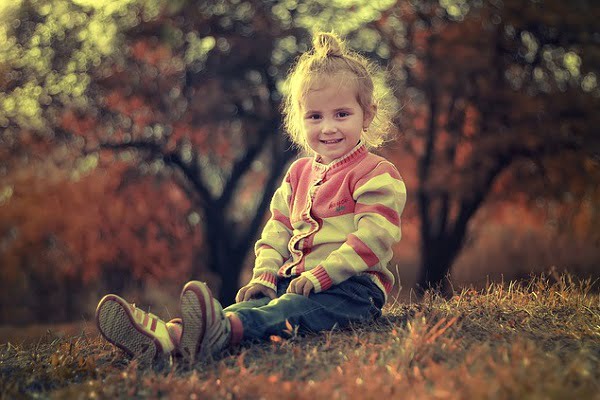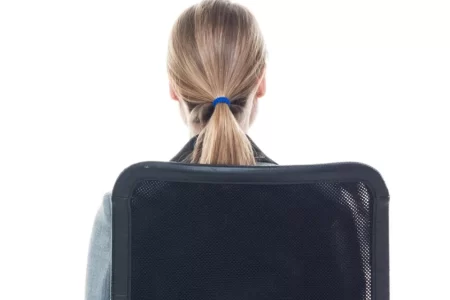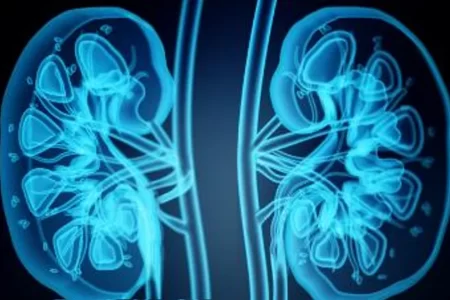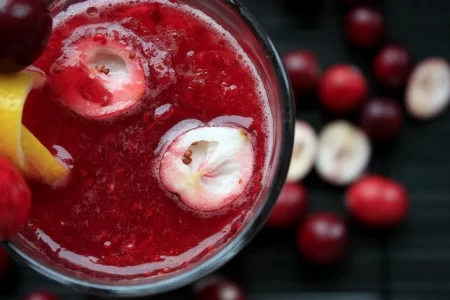Kidney Stones in Children
- Updated on: Jul 12, 2024
- 4 min Read
- Published on Feb 19, 2019


What do kidney stones in children mean?
Kidney stones in children occur when levels of certain minerals in the urine become high and become so much concentrated that they form solid crystals. When these stones become larger, they may get lodged in the urinary tract, causing pain, blockage or infection. The scientific term for kidney stones in children is pediatric kidney stones.
Large number of kidney stones may remain confined in the kidney but some of them may also migrate from the kidney to lodge in the ureters, the tubes that connect the kidney to the bladder. Stones that remain in the kidney do not always cause pain but can be the source of recurrent urinary tract infections. Stones that get lodged in the ureter can create a severe colicky pain.
Kidney stones in children are not very common. However, incidence of children presenting with kidney stones have increased drastically. Clinicians and experts are not sure of what is causing this rise in pediatric kidney stones. One probable cause may be a change in the eating habits of the children through processed food and high salt intake in their daily routine. Less active lifestyles and a rise in obesity may be some other causing agents of high prevalence of pediatric kidney stones.
If your child is having any symptoms of kidney stones you should immediately seek medical attention.
Which children are more likely to have kidney stones?
Children belonging to a family having history of kidney stones are more likely to develop kidney stones. Although, children of all age can get kidney stones, including infants, but they are more frequent in teens. Children who have previous history of kidney stones are more likely to develop another kidney stone.
An unhealthy diet and lifestyle increases the risk of children developing kidney stones. For example, not drinking plenty of water or drinking wrong types of liquid, such as sugary soft drinks or drinks with caffeine, may cause substances in the urine to become too concentrated.
Also, too much consumption of sodium, a part of salt, may precipitate extra minerals into the urine, which can develop into kidney stones. This sodium may come from many prepared foods, including restaurant meals, chips, sandwich meats, frozen foods, and some sports drinks.
Some medical conditions may also potentially increase the risk for children to develop kidney stones. Some of those conditions are following.
- Abnormal shape of urinary tract
- A blockage in urinary tract
- Chronic bowel inflammation
- Digestive problems or surgery of gastrointestinal tract
- Hyperparathyroidism
- Obesity
- Gout
Children taking certain prescribed medicines or medicinal diet are more likely to develop kidney stones. Examples include:
- Vitamin D supplements
- Diuretics
- Calcium based antacids
- Protease inhibitors for HIV infection
- A ketogenic diet
- Medicines used in migrane headaches and seizures such as Topiramate and Zonisamide
What are the signs & symptoms of kidney stones in children?
The most common signs and symptom of kidney stones in children are pain and blood in urine (Hematuria). The location and severity of pain may vary depending on the size, location and degree of obstruction of the kidney stones. Read about Size and Types of Kidney Stones.
Some other symptoms may include:
- Severe colicky pain
- Vomiting
- Nausea
- Fever and chills
- Inability to urinate due to blockage
- Cloudy and foul smelling urine
- Weakness
- Urinary tract infection including kidney infection
- Loss in kidney functionality
What are the types and causes of kidney stones in children?
The type of stones actually indicates the cause of kidney stones in children. There are for types of kidney stones in children and their causative agents.
Calcium stones
These are the most common kidney stones and occur in two major forms of calcium oxalate and calcium phosphate. Children developing this kind of kidney stone have abnormal levels of three chemicals in their urine. They have too much of calcium and oxalate and too little citrate in their urine. Eating too much salt causes calcium to remain in the urine.
Struvite Stones
Chronic infection of the upper urinary tract is often the cause of these types of stones. These stones form quickly and grow quite large.
Uric Acid Stones
These types of kidney stones develop when there is too much acid in the urine which causes excessive uric acid production. Too much consumption of animal protein may increase uric acid production in your urine.
Cystine stones
These types of stones are result of an inherited condition where the body is unable to a chemical called cystine from the blood. Usually, other members of the family also have the same condition.
How are the kidney stones in children diagnosed?
If your child is suspected of having kidney stones, the doctor will use the child’s medical history, perform a physical exam, lab and imaging tests to diagnose the condition. Additionally, the doctor will also inquire for the symptoms, family history of stones and eating habits of the child.
To confirm the presence of kidney stones, the doctor may order x-rays or an ultrasound examination of the kidneys, ureters (tubes that carry urine from the kidneys to the bladder) and the bladder. If any stone is present, it can be seen on an x-ray, although sometimes an ultrasound examination is necessary to see other types of kidney stones.
How are kidney stones treated in children?
The treatment for kidney stones depends on the type, size and the location of the stones. Small stones are more likely to pass on their own without any treatment, but often require drinking plenty of water to flush them out as well as control the stone pain. Larger stones which are blocking the normal urine flow may require surgery or hospitalization.
Different treatment approaches used for kidney stones in children include:
- Extracorporeal Shock Wave Lithotripsy – Use of high energy sound waves to break down stones in small pieces
- Ureteral Stent – To wide open the ureter and clear the blockage
- Percutaneous Nephrolithotripsy – Surgical option to remove small to medium sized stones
- Nephrostomy Tube – An invasive process to drain out the urine from the body
How can kidney stones in children be prevented?
The most important way to prevent formation of kidney stones is to drink plenty of fluids in which a major portion should be of water. This helps in keeping the urine dilute where stones are less likely to form. The doctor may also order a 24-hour urine collection to evaluate them in laboratory and try to make sense of the type of stone forming in the kidney. This evaluation will help the doctor to decide medications or treatments that may be needed to avoid another kidney stone formation. This will also help in deciding the type of diet and diet constituents that should be taken and avoided.












